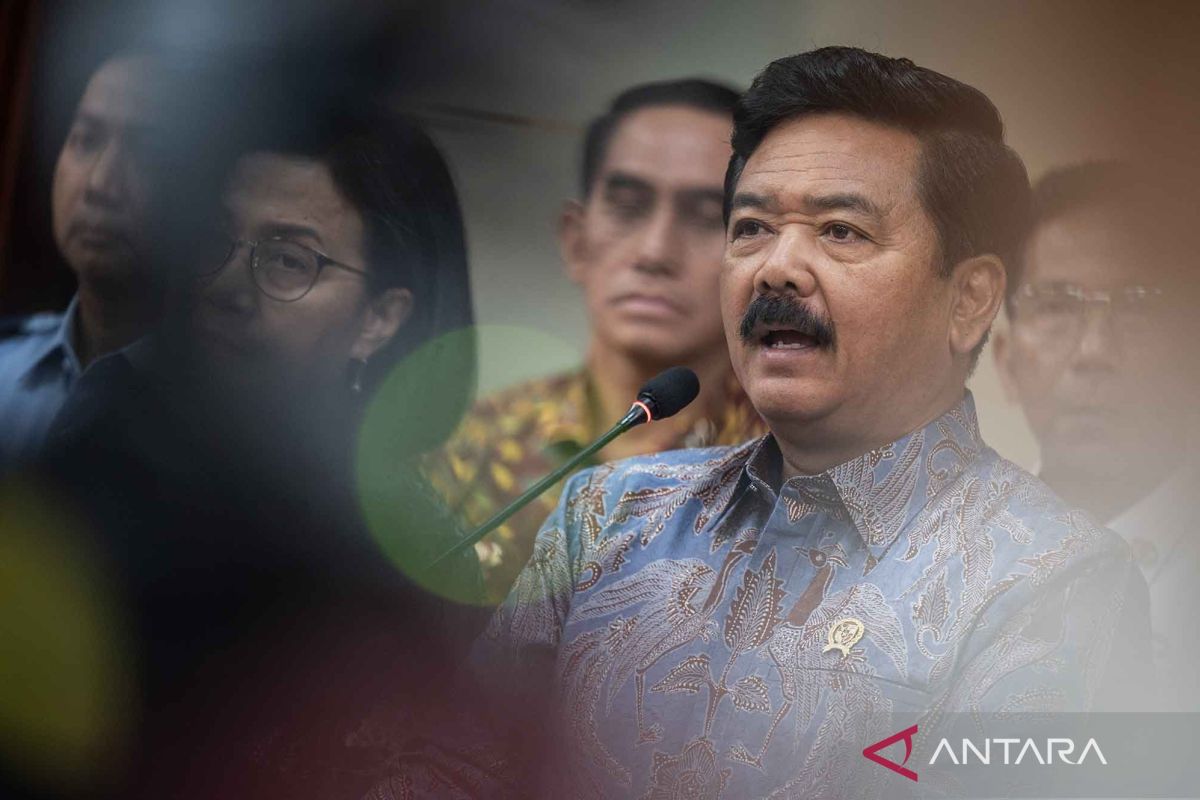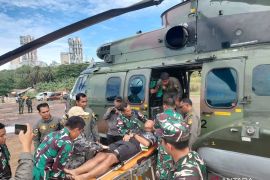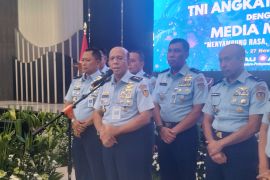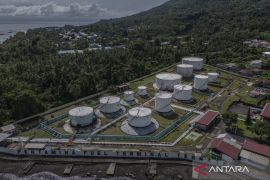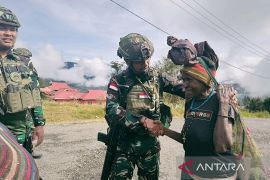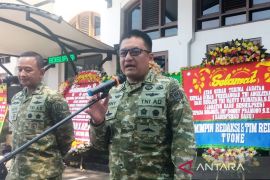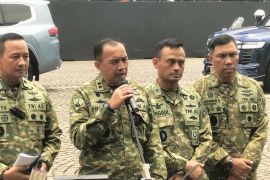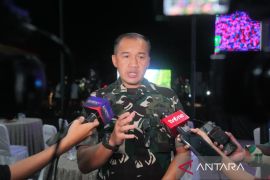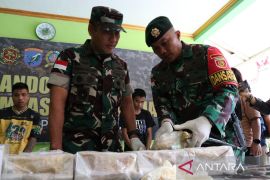"The President has instructed me to deliberate on the bills carefully, ensuring related discussions are not at odds with the Constitution and rulings of the MK (Constitutional Court)," Tjahjanto said in Jakarta on Thursday.
He stressed the importance of engaging all segments of society, including academics, non-governmental organizations, and community leaders, in the discussions and formulation of the bills.
Such an inclusive approach is important for the government to accommodate people's varied views on the bills, he said.
Tjahjanto also mentioned that his ministry will forward the public’s input and suggestions to the List of Identified Problems (DIM) for further consideration.
This approach will enable the bills to become laws that provide the basis for military and police officers to fulfill their duties and national mandates.
"The most important thing is to ensure that the substances in the bills can conform to people's demand for optimally functioning TNI and Polri," he said.
At the press conference, the minister also responded to concerns that the new draft law on the TNI would take the military institution back to the New Order era when it wielded a higher level of political power due to its dual function.
During the era under the late President Soeharto, Indonesia witnessed soldiers exercising their influence in defense and politics, even allowing them to secure seats in the House of Representatives (DPR).
"There is no longer a dual function (like that in the New Order era). It is in the past, part of the course of history," Tjahjanto said.
He emphasized that the TNI’s current dual function serves the purpose of deploying personnel to ministries or agencies in support of government operations.
Related news: TNI's dual functions won't be like the New Order era: Minister
Related news: Revision of military law not to restore Dwifungsi doctrine: Moeldoko
Translator: Walda M, Tegar Nurfitra
Editor: Anton Santoso
Copyright © ANTARA 2024
